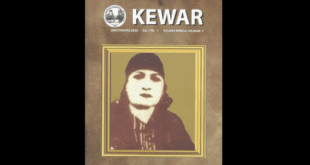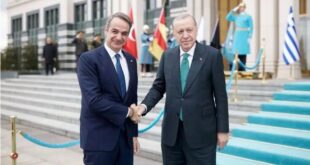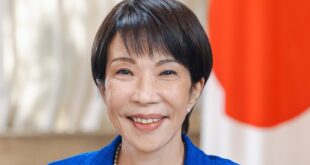A 2024 report by the Kurdish Language Rights Monitoring and Reporting Platform reveals Turkey’s systematic suppression of Kurdish identity, documenting 109 violations across multiple domains.
A 2024 report by the Kurdish Language Rights Monitoring and Reporting Platform reveals Turkey’s systematic suppression of Kurdish identity, documenting 109 violations across multiple domains. Cultural expression faced 27 bans, including Kurdish theater play Qral û Travîs prohibited in four cities and four canceled concerts by singer Sasa Serap. Public spaces saw 53 violations, with police targeting Kurdish speakers—workers were fired at Istanbul Airport for using Kurdish, and municipal signs reading “Pêşî Peya” (Priority to pedestrians) were replaced with “Turkey is Turkish.” Media censorship hit 11 Kurdish news outlets, while prisons recorded 18 cases, such as a disabled inmate’s phone call cut for speaking Kurdish and books confiscated.
The report cites stark examples: parliamentarians’ microphones were silenced during Kurdish speeches, logged as an “unknown language,” and a woman in Siirt was denied a medical test for not speaking Turkish. These actions, tied to a broader crackdown on the pro-Kurdish DEM Party, violate Turkey’s obligations under the UN’s International Covenant on Civil and Political Rights and the European Convention on Human Rights. Fear and self-censorship likely hide even more cases, underscoring a deliberate campaign of linguistic and cultural erasure.
What does Kurdish Monitoring do?
Kurdish Monitoring, founded in 2025, aims to document and report violations against Kurdish language and culture in Turkey, advocating for linguistic pluralism as a human right. The platform will collect data from open sources and collaborate with NGOs, lawyers, and victims, releasing quarterly, semiannual, and annual reports, plus urgent notes as needed. It will share findings with human rights organizations, engage local and international stakeholders, and raise awareness among the public. Kurdish Monitoring seeks constitutional recognition for Kurdish, its free use in public, and the protection of Kurdish heritage, promoting a data-driven push for a democratic, diverse future.
Infowelat
 Infowelat Enformasyon Ji Bo Welat
Infowelat Enformasyon Ji Bo Welat




